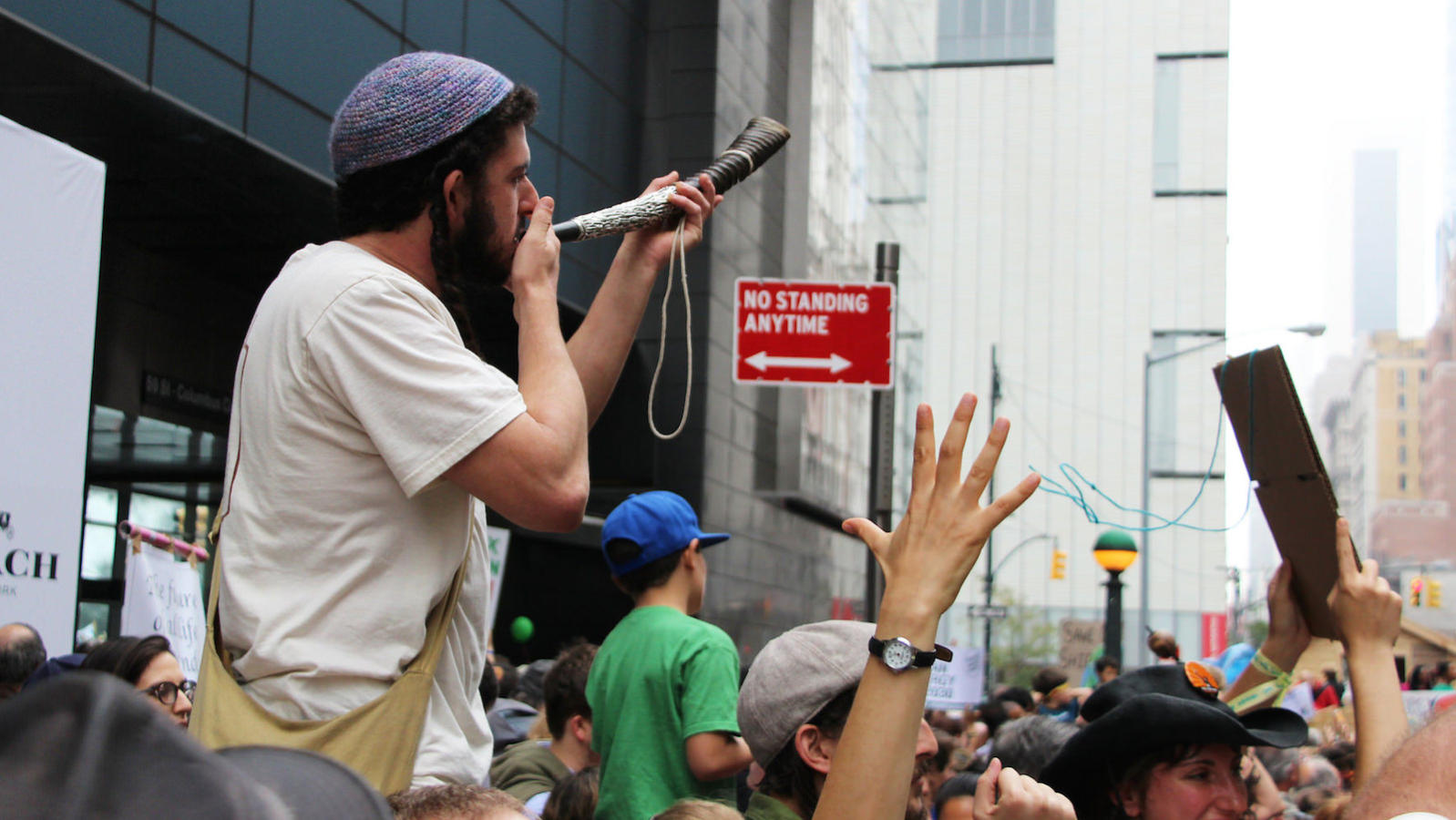Commentary on Parashat Nasso, Numbers 4:21-7:89
Even before the children of Israel receive the Ten Commandments, they are told by God, “you are to be a mamlekhet kohanim,” a kingdom of priests. One of our first communal obligations is to act as a nation of kohanim. How do we manifest this proclamation? How are we to embody this task in our daily lives and bring it into our homes, our places of work, and our world? To shed light on our role as a mamlekhet kohanim, this week’s parashah offers helpful insight into one of the core responsibilities of the priests of the Temple, namely, to bless the people.
As the kohanim transmitted God’s blessing to the Israelites, we too must transmit God’s blessing to all people. To bless others is to serve as conduits of God’s blessing, God’s generosity, and God’s light. Blessing opens a channel for holiness to enrich the lives of both the blessers and the blessed.
Birkat Kohanim
In Parashat Nasso, Aaron and his sons — the original kohanim — are given the liturgical formula to use when blessing the Israelites. This blessing is called the birkat kohanim and it remains a centerpiece of the Jewish prayer service.
The words of the blessing offer an insight into the nature of our responsibility as a nation of priests in the larger world. Birkat kohanim is both an exhortation toward social responsibility and a humbling reminder that the Source of Life is at the helm of creation. The birkat kohanim reads:

Help us keep Jewish knowledge accessible to millions of people around the world.
Your donation to My Jewish Learning fuels endless journeys of Jewish discovery. With your help, My Jewish Learning can continue to provide nonstop opportunities for learning, connection and growth.
May God bless you and keep you.
May the light of God’s Face shine upon you and bring you grace.
May God’s Face be lifted upon you and grant you peace.
May God Bless You and Keep You
By blessing others, we become channels of the Divine. According to Rabbi Arthur Green, “[In the act of blessing,] we make a statement of mutual relationship, that we are givers as well as receivers.” To be blessed is to be protected by God and to bless others is to contribute to the protection and welfare of those whom we are blessing.
We acknowledge the blessing of our own lives by living lives dedicated to justice and healing, by taking seriously our role as conduits for goodness in the world. By living lives of humility and by acting for good, we recognize our interdependence with God, with other people, and with the earth.
May the Light of God’s Face Shine Upon You and Bring you Grace.
We acknowledge, appreciate, and seek to nurture the radiance of the faces of other people and bring their light into the world. To bless someone is to shine a spotlight of attention and care on them. We pursue this illuminating work of bringing light to people in need through social justice. By blessing others, we contribute to bringing God’s grace, protection, and relief to the challenges of our world.
May God’s Face Be Lifted Upon You and Grant You Peace.
Just as God’s face turns toward us, we are to turn our faces to greet our neighbors. It is not enough to be blessed by God, we in turn become responsible for blessing others, to “add to the quotient of Divine Presence in the world, to give back to God and to the world.” To offer birkat kohanim is to invite God into the work we do in the world, to lift our hands toward the heavens and each other in faith and hope that we may be participants in creating peace in our fragmented world.
My blessing for us as a community of activists is that we strive to be a mamlekhet kohanim, a kingdom of priests, who channel God’s blessing and light into the world through our own acts of blessing, of tzedek, and of healing. May God’s name be set upon us and may all be blessed with life and peace.
Provided by American Jewish World Service, pursuing global justice through grassroots change.



